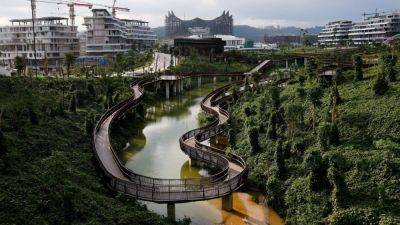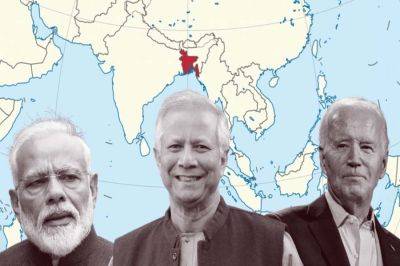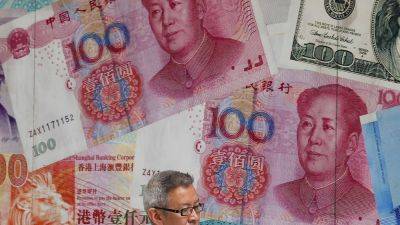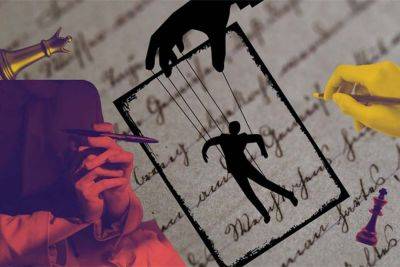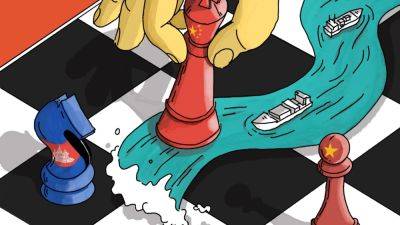A victory for democracy that Bangladesh can learn from
September 27, 2024
DHAKA – On September 21, the people of Sri Lanka delivered in no uncertain terms a stunning verdict in favour of democracy in the island country. Anura Kumara Dissanayake, a declared Marxist, left-leaning politician and the leader of the Janatha Vimukthi Peramuna (JVP), the English translation of which is “People’s Liberation Front” won a clear mandate to govern, securing more than 55 percent of the votes, as against 44 percent for his closest rival Sajith Premadasa. Incumbent President Ranil Wickremesinghe, who succeeded the autocratic Gotabaya Rajapakse in 2022, secured only 17 percent of votes, effectively ending his long political career. Ranil Wickremesinghe congratulated Dissanayake on his win and said he was confident the new President would “steer Sri Lanka on a path of continued growth and stability.”
With this decisive mandate, Dissanayake, who led the NPP coalition, defied all skeptics. This was the first presidential election since the ignominious departure of President Gottabaya Rajapaksa, and his clan in the face of massive public protest in 2022. In his immediate reaction to his victory, Dissanayake emphasised that the NPP will take responsibility for fulfilling the young generation’s expectations for a social transformation of the country. He said, “The dream we have nurtured for centuries is finally coming true,” adding that, “This victory belongs to all of us…Millions of eyes filled with hope and expectations push us forward, and together, we stand ready to rewrite Sri Lankan history.” Unlike his rivals in the race, Ranil Wickremesinghe and Sajith Premadasa, son of assassinated President Ranasinghe Premadasa, the newly elected President does not possess political lineage but his


